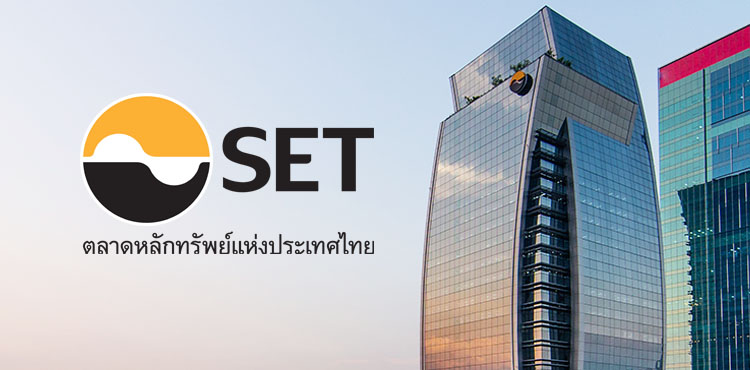In recent months, the Thai capital market was suspicious of whether the automated trading “Programs” or “Bots” are pressuring Thai stock prices or not?”
On Friday (17 November), The Stock Exchange of Thailand (SET) held a press conference in the afternoon to further clarify the matter. SET refers to its market statistics yesterday (16 November), the “Program Trading” which made up to THB 17.6 billion or 39.72% of the total daily trading value of THB 44.3 billion. This data usually showed up around 7 PM, a few hours after the market closed.
SET explained the “Program Trading” criterias of those trading must be an anomaly that exceed THB 50 million of value or impacted the price by 10% in any direction. SET mentioned there are 5 to 10 stocks that are usually on the top of this list, however SET needed more work to do, in order to disclose a daily drill down details on its website.
Mr. Pichet Sithi-Amnuai, Chairman of Association of Thai Securities Companies (ASCO), who is also on the same table as SET officials, further explained to the press that there are four types of “Program Trading”.
1) For Institutional traders, to average their order along the day, else their gigantic volume could crash or spike the market. But recently opened for retail investors as well.
2) For technical traders, which automatically detect and trade with the signals. This type can be added on most trading devices and adopted widely by retail investors who are sophisticated in programing and technical.
3) For Derivative Warrant (DW) issuers, which are mostly brokers or securities firms that need to process hundreds of their derivative series simultaneously.
4) For High Frequency traders (HFT), the recent rising of type would impact common day traders or very short term investors. The broker could not disclose their transaction due to data privacy and legal protection, however, it could be guessed via the total volumes and brokers commission that need to be disclosed to SET.
The press continued to question the matter of the illegal “Naked Short Selling”. SET officials confirmed that it can track these activities from the transaction’s timestamp on the system. Thailand Securities Depository (TSD) or other custodian could provide those data to confirm whether each short selling is “Naked” or not.
As for the matter of whether “Bots” are pressuring Thai stock prices or not?” SET officials dismissed this suspicion by showing the graph of market trading volume. It is clear that the foreign investors have been selling Thai stock since the beginning of 2023, cumulatively at a net selling of THB 180 billion. Meanwhile, the local individuals made up to net buying of THB 113.9 billion.
A few days earlier (15 November), Dr. Pakorn clarified that there was no illegal “Naked Short Sale”, citing it was just “Big Orders” from a single seller that sold 30 million shares in just two minutes in July, according to SET’s real time monitor systems.
The President also defended that even the 40% of SET total trading volume were done by automatic programs, but the recent decline in total volume confirmed that the automatic trading by bots is still at a very low level and also its impacts to the market.




